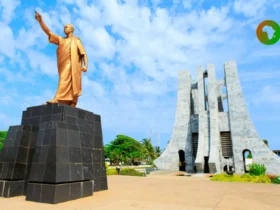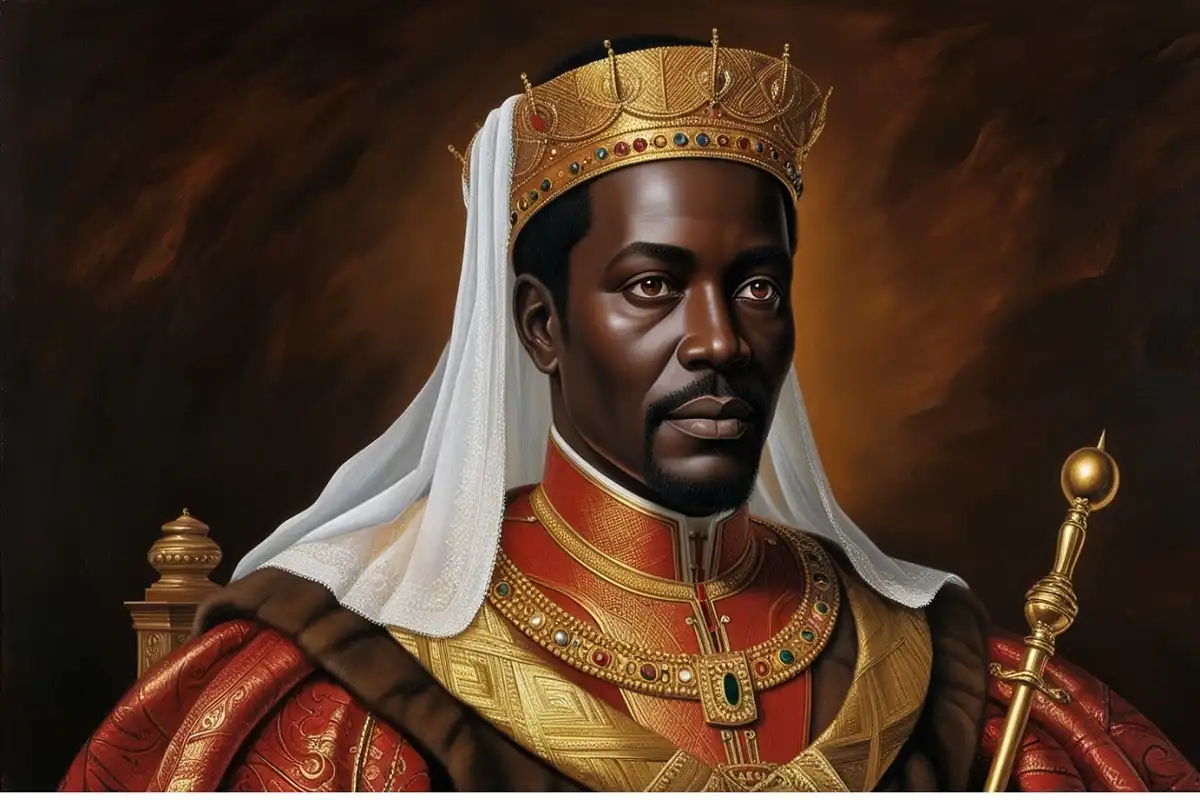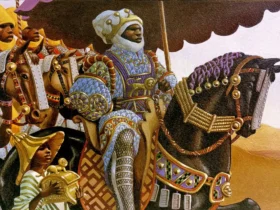Kigeli IV Rwabugiri : Early Life and Ascension to the Throne
- Kigeli IV was born around 1837 in the Nyabugogo region, into the Abanyiginya clan, which traditionally provided kings to the Rwandan throne. His father, Mutara II Rwogera, was the reigning king at the time, and Kigeli grew up amidst political intrigues and the intricate dynamics of the royal court. Little is known about his early education, but it is believed that he was trained in the customs and governance systems of the kingdom, as was customary for royal children.
- Kigeli ascended to the throne in 1853 following the death of his father. His coronation was accompanied by a period of uncertainty as he faced internal challenges from rival factions and regional leaders vying for power. However, Kigeli IV’s strategic leadership and alliances enabled him to consolidate his rule, setting the stage for his transformative reign.
Kigeli IV Rwabugiri :Centralization and Administrative Reforms
- One of Kigeli IV’s most notable contributions was his focus on centralizing the Rwandan kingdom. Prior to his reign, Rwanda operated under a somewhat decentralized system, with powerful regional chiefs exercising significant autonomy. Kigeli IV sought to curtail this autonomy by instituting reforms that strengthened the monarchy’s authority.
- He reorganized the administrative structure by appointing trusted officials, known as Abatware, to oversee various regions of the kingdom. These officials were directly accountable to the king, which reduced the influence of traditional local leaders. Kigeli also restructured the taxation system, ensuring a steady flow of resources to the central authority. These reforms not only enhanced governance but also laid the foundation for a more unified Rwandan state.
Kigeli IV Rwabugiri : Military Expansion and Territorial Consolidation
- Kigeli IV is perhaps best remembered for his military campaigns, which significantly expanded Rwanda’s territory. His reign witnessed the annexation of neighboring regions and the establishment of Rwanda as a dominant power in the Great Lakes region. Using a well-trained and disciplined army, Kigeli conducted expeditions into areas that are now part of modern-day Uganda, Burundi, and Tanzania.
- His military strategy was characterized by a combination of diplomacy and force. Kigeli often negotiated alliances with neighboring states and clans, but he did not hesitate to deploy his army when faced with resistance. His expansionist policies brought considerable wealth and resources to Rwanda, strengthening the kingdom’s economic and political standing.
Kigeli IV Rwabugiri : Relations with Foreign Powers
- Kigeli IV’s reign coincided with the advent of European colonialism in Africa. Unlike many African leaders who were caught off guard by the arrival of European powers, Kigeli was acutely aware of the threat they posed. He sought to engage with these powers strategically, often playing them against each other to maintain Rwanda’s sovereignty.
- The Berlin Conference of 1884–1885 marked the formal partitioning of Africa among European powers, and Rwanda was designated as part of the German sphere of influence. While Kigeli IV initially resisted foreign intervention, he eventually had to navigate the complexities of colonial encroachment. By establishing diplomatic relations with German representatives, Kigeli sought to preserve his authority and the independence of his kingdom, albeit under increasing pressure.
Kigeli IV Rwabugiri : Cultural Contributions
- Beyond his political and military achievements, Kigeli IV was a patron of Rwandan culture and traditions. He supported the arts, particularly the traditional dance and music that remain integral to Rwandan identity today. Under his reign, oral histories and legends were preserved, ensuring the continuity of the kingdom’s rich cultural heritage.
- Kigeli IV Rwabugiri : also played a role in promoting unity among Rwanda’s diverse communities. While ethnic tensions existed during his time, his policies emphasized collective identity and loyalty to the monarchy over tribal affiliations. This focus on unity contributed to a relatively stable society during his reign.
Kigeli IV Rwabugiri : Challenges and Legacy
- Kigeli IV Rwabugiri :’s ambitious reforms and expansionist policies were not without challenges. His centralization efforts often met resistance from regional leaders who were reluctant to cede power to the monarchy. Additionally, his military campaigns occasionally strained the kingdom’s resources and provoked conflicts with neighboring states.
- Despite these challenges, Kigeli IV’s legacy as a transformative leader endures. He is remembered as a visionary who reshaped Rwanda into a centralized and influential kingdom. His reign laid the groundwork for the modern Rwandan state, and his emphasis on unity and governance continues to inspire leaders in the country today.
Conclusion
Kigeli IV Rwabugiri remains a towering figure in Rwandan history. His reign marked a turning point for the kingdom, characterized by political centralization, military expansion, and cultural enrichment. While the pressures of colonialism ultimately altered the trajectory of Rwanda’s history, Kigeli’s leadership ensured that the kingdom retained its identity and sovereignty during a turbulent era. As Rwanda continues to navigate its path in the 21st century, the legacy of Kigeli IV serves as a reminder of the enduring power of visionary leadership.
See also Discover the Rhythms: Top 10 Websites to Watch Newly Released African Music

































